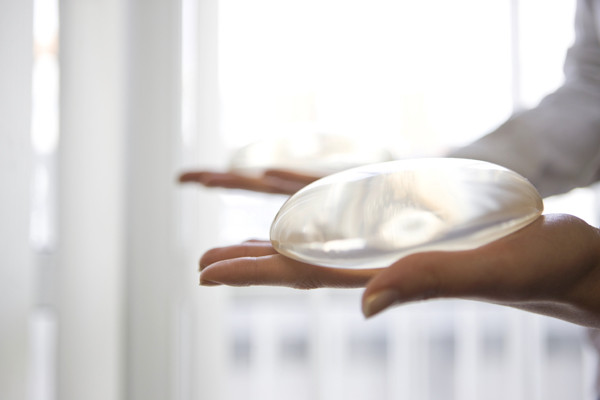The Food and Drug Administration (FDA) recently released a statement that a lot of women in the United States have been reported having a rare form of cancer, known as breast implant-associated anaplastic large cell lymphoma or BIA-ALCL, linked to breast implants.
The statement revealed there are 457 unique cases of this cancer identified since 2010 and at least nine patients reportedly died over the same period. The number is relatively small than the estimated 1.5 million patients who had breast implants around the world each year - 400,000 of which were in the U.S. But still, this is an elevated cancer risk, and people should know about it, particularly for those considering getting breast implants.
BIA-ALCL is not considered to be a type of breast cancer. Rather, it is a rare form of cancer of the immune system; it usually forms in the scar tissue near the implants. The majority of the cases reportedly occurred among women who received textured breast implants. It's unknown how strong this link because most of the patients didn't specify the texture type.
FDA warned doctors, as well as other health care providers, about this risk to raise awareness. The statement explained breast implants were inserted under the chest muscle or behind the breast tissue. Then, a fibrous scar called a capsule would develop around the implant, separating it from the breast. The reported cases of BIA-ALCL among breast implant patients were discovered adjacent to the implant itself and contained within the fibrous capsule.
This cancer can be treated if detected earlier, so FDA suggests undergoing laboratory testing when BIA-ALCL is suspected. Some of the symptoms may include pain around the breast implants, lumps, changes in breasts change, and new swelling in the breast.
This latest information should also prompt doctors and patients to have important, informed conversations regarding breast implants and the risk of BIA-ALCL, said Binita Ashar, M.D. of the FDA's Center for Devices and Radiological Health.
Routine mammography screenings should be instructed for those who had breast implants as well. For silicone implants, magnetic resonance imaging screenings (MRI) could help in detecting silent, possible ruptures - like when the rupture does not cause signs and symptoms.
The FDA also urged people considering breast implants to check the Summary of Safety and Effectiveness Data (SSED). In here, they can learn more about the implants, like their characteristics and the fillers used. The SSED also provides information such as risk, precautions, and possible complications.






